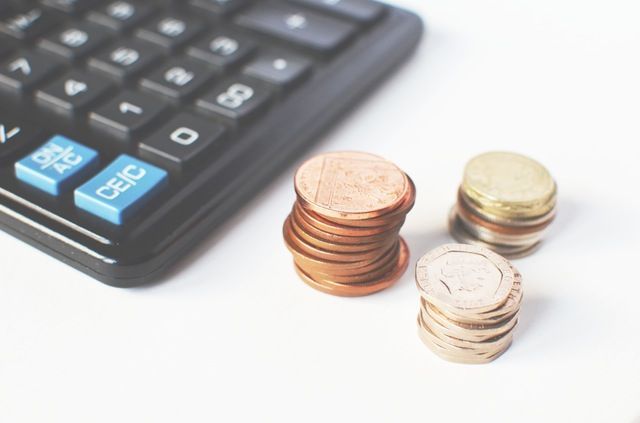You understand the finer points of budgeting, perhaps. You’ve read the books, taken the courses, sworn off unregulated spending and high-interest credit cards. You’ve even put together a nice spreadsheet that lays out your budget for the next fifteen years, divided into 27 life categories, 10% savings and an emergency fund. Good for you! The only problem is that sticking to that budget isn’t as easy you thought. It’s good to have a financial future and you know following that budget will get you there, but in the financial present? Well, that credit card still calls your name, and your “clothes” category seems awfully small and you just feel deprived. Budgets, you decide, are no fun. The good news is you don’t have to throw it all out the window, just because you’ve messed up a time or two. There are some tools of the trade and you should know about them.
Remember the Big Picture
The point of the budget is to keep you out of overwhelming debt and help you build a financial future that will give you more freedom, not less. So think about how you want your future to be and remember that sticking to your budget will help you get there. Adding to your debt load, on the other hand, will mean that your future could be even tighter.
Remove the Options That Allow You to Cheat on Your Budget
Availability is your enemy. Either cancel those credit cards or stop carrying them. Clear out your stored payment information on your favorite online shops so you can’t just click to order. Make it more difficult on yourself to make impulse purchases; in other words, set up barriers so you have to really work for it. (Learn the easy way to set up a budget, see 6 Months To A Better Budget.)
Find Some Support
If you feel like you’re the only one in your group of friends who is on a budget, do a little looking and find a like-minded group. It could be an online forum, a monthly meeting or even just a couple of friends who are traveling the same road. You need to know you’re not the only person setting sane financial limits for yourself and it helps to be able to talk things over. You can also have accountability with your frugal buddies and check each other on sticking to those budgets. (Check out 6 Spending Tips From Frugal Billionaires.)
Use Cash Only
There’s something powerful about handing over a stack of twenty dollar bills for a purchase; it causes you to really think about the amount of money you’re about to spend. Swiping a debit card, on the other hand, doesn’t feel nearly as “real.” Try using cash exclusively for all your personal spending: groceries, gas, clothing, entertainment and so on. When the cash is gone, you’ll have to wait until your next budget cycle begins. Cash teaches you the power of self-regulation.
Build in Rewards
Even small rewards can help you stick to those financial goals you’ve set, so think of some rewards you can give yourself. When you’ve been faithful to your budget for a month, give yourself a reward. Start building associations in your brain that sticking to your budget means a pleasurable reward for you, whether that’s a night out with friends, a concert, a little extra cash for spending or something totally different. (Try reading Budgeting When You’re Broke.)
Schedule a Periodic Budget Evaluation
It’s difficult to predict how much money you’ll need in every category of life; a new job may necessitate a wardrobe change and your clothing budget just isn’t going to cut it. That’s why it’s important to have a regular check on how you’ve created your budget. If it isn’t working, then tweak it. It is your budget, after all; just make sure that you keep your long-term financial goals in the picture.
Set Up Visual Reminders
A big glass change jar on your table not only helps store your loose change, which you’ll have more of when you start using cash, it also serves as a visual reminder that you are all about investing in your own future. Other visual reminders could be pictures or symbols of some object or experience you’re saving up for: a vacation, a designer purse, a better car or a house of your own. Keeping visual reminders front and center will help you focus on the long-term benefits of sticking to your budget.
Educate Yourself
Learn all you can about finances, money management, and how you can best invest in yourself, instead of taking the more common road of instant gratification, overspending and endless debt. Read books or listen to audiobooks, go to seminars, attend classes, talk to your financially savvy friends, mentors, parents and employers. Get real-world tips and advice from people who are doing well with their money. The more you learn about how to handle your money, and the resulting rewards of doing so wisely, the better you will be at not only creating a budget that works for you, but also sticking to it.
The Bottom Line
A budget isn’t a prison cell to keep you away from your money, it’s a tool you use to make sure your future is better and, yes, richer, than your present.

